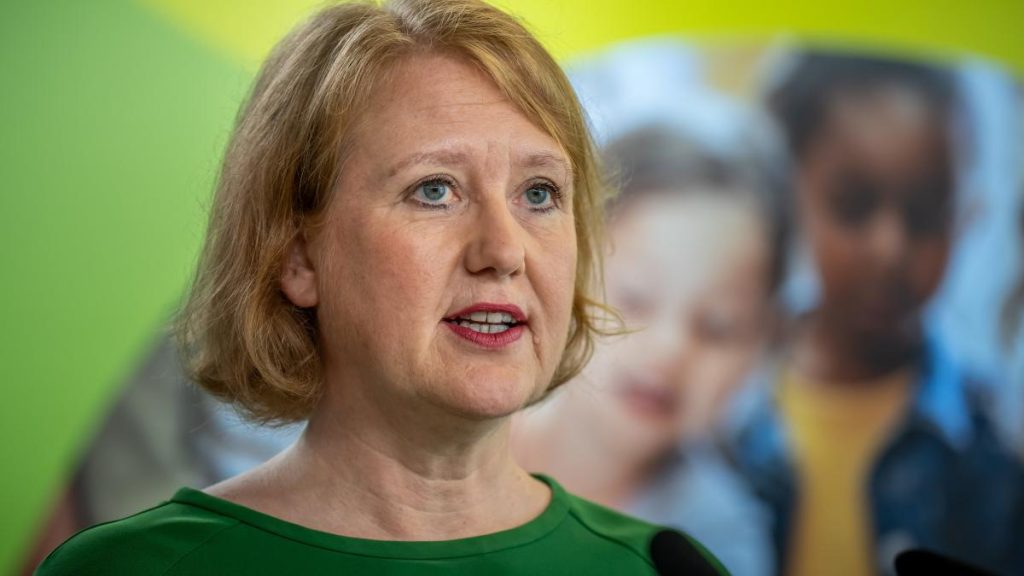The debate surrounding the introduction of a children’s basic income in Germany has been ongoing, with disagreements within the coalition about the number of positions needed for its implementation. Federal Family Minister Lisa Paus has acknowledged errors in her communication, particularly regarding the previously mentioned 5000 necessary positions. Paus stated that the figures were outdated and that potential savings in other areas had not been fully taken into account. She emphasized the need for a more efficient allocation of resources to minimize the number of positions required, calling the current debate on the issue “nonsensical.”
The introduction of the children’s basic income is considered the largest social reform of the current government, aiming to consolidate child benefits, the child supplement for low-income families, and social benefits for children. It is expected to cost nearly six billion euros by 2028. The implementation of the children’s basic income is a key priority for the government, with additional funding allocated to the Federal Family Ministry for 2025. However, there have been concerns raised by the FDP regarding the additional administrative positions required for the initiative, leading to further debate within the coalition.
DGB leader Yasmin Fahimi has questioned the necessity of 5000 new positions, arguing that existing personnel could potentially handle the consolidation of benefits. She called for a practical and effective solution from the government. Paus echoed the sentiment, urging coalition partners to move forward with the initiative. While technical aspects have been addressed by the Family Ministry, there are still fundamental differences in opinion among coalition partners that need to be resolved. The timeline for the implementation of the children’s basic income remains uncertain, contingent on the progress of the parliamentary process.
Despite the challenges and disagreements surrounding the children’s basic income, Paus remains optimistic about the potential for streamlining resources and achieving cost efficiencies in the implementation process. She emphasized the need for political will to push the initiative forward, following the resolution of technical issues. Paus called for a resolution to the differing opinions within the coalition and stressed the importance of aligning on key aspects of the policy before moving forward. The future of the children’s basic income in Germany hinges on the ability of coalition partners to find common ground and work towards a shared goal of improving social support for families.


